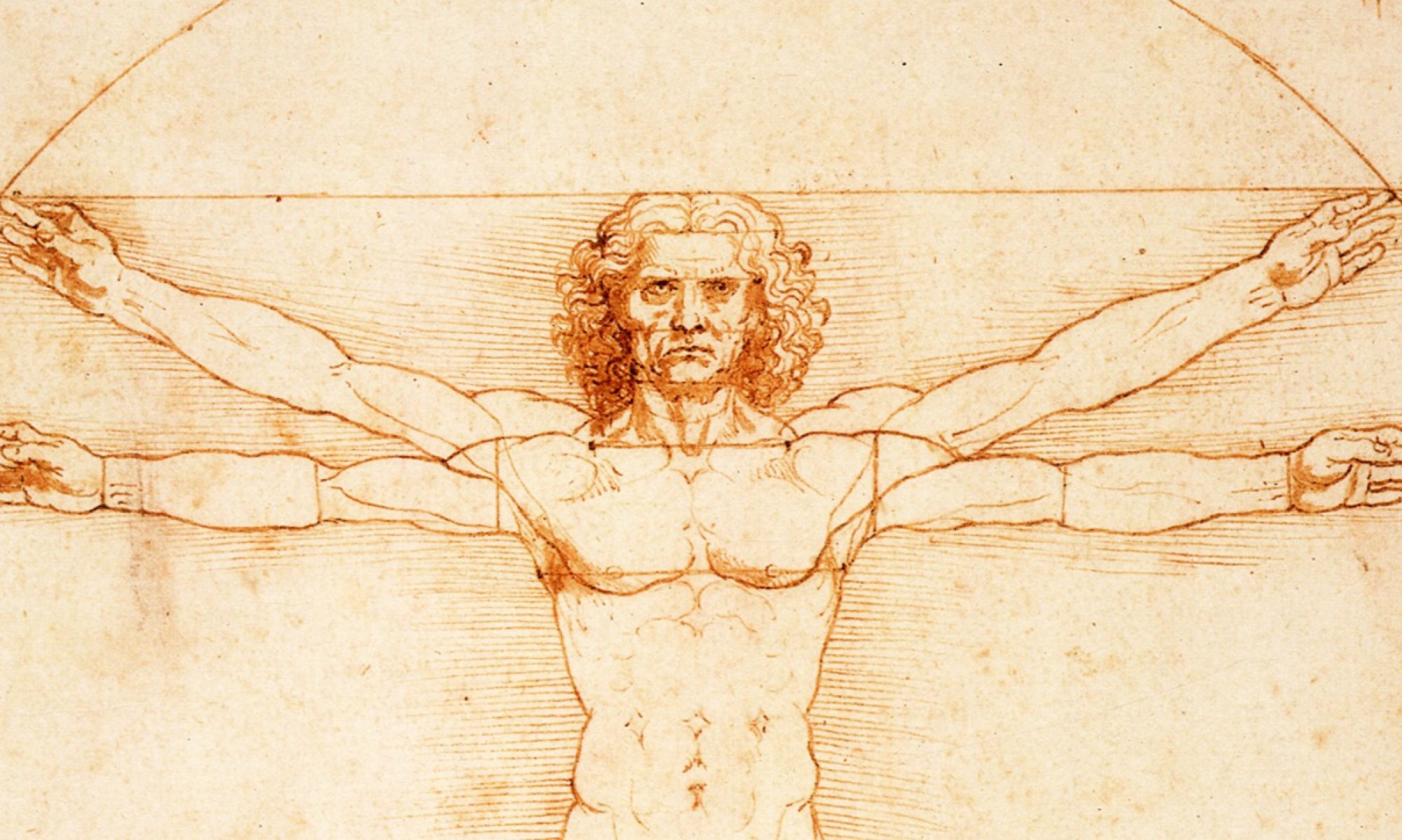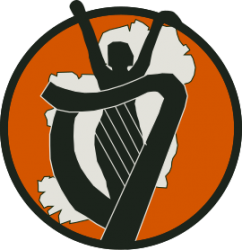An abbreviated history of our world in response to a question from a child, posed elsewhere by their parent but with the understanding that the Adam/Eve story be excluded from the answer.
The question was “who were the first people on earth?”
There was never a first person on earth, not the way he means.
Over millions of years our ancestors became human, one semi-random change at a time.
55,000,000 years ago the first of the apes developed.
By 13,000,000 years ago the first vaguely human-ish creatures existed, starting to stand upright.
Roughly 25,000,000 years ago, vowels enter the range of sounds (words now possible), and speech as we think of it begins to happen.
By 3,000,000 years the first stone tools were being used.
About 1,000,000 years ago fire was mastered, and the cooking of food - which liberated our brains from constantly having to think about hunting and eating.
By about 500,000 years ago our ancestors would have used the first stone-tipped spears as weapons for hunting bigger animals.
By about 300,000 years ago Homo Sapiens evolved, beginning to look like we do facially.
About 210,000 years ago Homo Sapiens left Africa with larynges ideal for speech.
About 170,000 years ago we started to build, and to use clothing.
From about 100,000 years drawing and art in caves started. (I like to think of some of the cave-art as the first visual-aids in teaching, along the lines of "Uggboy here. Ugggirl here. Me stick. Bison pokey. All stick. Bison pokey. Bison fire. Yum yum")
By 40,000 years ago language as we know it now began to exist.
Eventually, by about 12,000 years ago we discovered agriculture, causing people to settle down.
When humans settled in one place, over time cities and great civilizations formed.
The Sumerian culture developed about 5,000 years ago in the Middle East and gave us much that we still use today, including the counting to 12 habit (joints on the fingers of one hand, countable with the thumb), governance systems, writing etc.
Medicines such as salicylic acid (aspirin) from leaves, tobacco, and cannabis would all have existed by then.
Sometime later came the Egyptians, who we might never have heard of if it were not for their pyramids, which were a continuation of the idea of a ziggurat used by the Sumerians. They also carried forward some of the ancient folk-tales from previous cultures, including such things as those ziggurat towers in Babylon (Tower of Bable), and tales of floods for which there are any number of natural events in and around the Mediterranean over the eons.
Since we've had speech for about 25,000,000 years it isn't too difficult to imagine that even the re-flooding of the Mediterranean Sea approximately 5,300,000 years ago could be a potential candidate for the original flood story; which story being eventually told around campfires would have become greatly embellished over thousands of re-tellings.
And then along came the very war-loving Romans who were as brutal in suppression of dissent as their tale of their city being founded by two humans raised by a wolf would suggest.
In the course of establishing their dominance over all others, they gathered (or misunderstood) some Middle Eastern folk tales (including bits of Sumerian legends), and developed the Christian religion ultimately used as a mechanism to program humans to be better soldiers (or compliant citizens). They subsequently renumbered the years of the calendar to help obscure and cause to be forgotten anything that had existed before them.
Since the Romans had no symbol for 0 they needed to wait for that concept to get to Europe from Eastern/Indian sources and the advanced mathematics it enabled. By then the cities of the Western half of the Roman Empire were already in turmoil, including the former capital, Rome. We're taught that was the end of the Roman Empire; It wasn't.
In reality, the Eastern half of the Roman Empire continued just as strong for another 1,000 years, centered on what had been made the capital in 324, Constantinople. This acted as a shield against invasions from further East, so that by the time it in turn fell, the civil administrators of the Western Roman Empire had already realised the military and financial advantage their religion gave them, and morphed the empire into something else. It had become the creature it is now: a power-brokering, wealth-addicted, intangible empire of the human mind. It became a highly successful global crime syndicate continuing to operate from the Vatican in Rome even to this day.
In its hey-day it grew very wealthy on its percentage share of the undertakings of the states that took its franchise, and used that to plunder other less militaristic societies around the planet.
In 1155 Rome authorised the invasion of Ireland by the English (British) King Henry and they have remained ever since.
Ireland should have been easy to conquer because the people there (who some believe include people descended from ancient peoples who migrated there from the Middle East thousands of years before) were not unified by being members of one state but by being members of their wider families, who happened to live together mostly peacefully on one island. However it took almost 700 years for the English to feel confident they could safely unite Ireland with their other lands.
When another English Henry separated from Rome, he took for himself the tools of the power of Rome, which the British in turn used to conquer and plunder most of the planet.
Much of this effort used Ireland as a large farm for the Army of the British. They had attempted to clear the land of unwanted growth like the Irish people. This was the same way they had cleared many parts of Scotland by sending people from there into Ireland, in what was called "planting". Like agriculture.
I imagine the conversation in Scotland would have been something like:
- "The British King says this is my land now"
- Oh
- "I want to put cattle on this land"
- Oh
- "Shall I kill you or send you to Ireland"
- Ireland, please. Anywhere, in fact
- "There's a condition"
- I'm still with the not-kill option, thank you very much
- "You swear loyalty to the British King"
("Or Queen!", Reg interjects)
- Not-kill, please
- "For this generation and for all generations, henceforth and forever, despite all reason and without question, forever to be loyal"
- Not-kill, please
- "Sign here, in blood"
- Is it OK if I sign in someone elses blood? It's just I don't quite trust you with sharp objects yet...
- "Who do you have in mind?"
- What about the people that are already there?
- "That's the spirit!"
- Yeah, but I'll still need Sundays off...
Many hundreds of years later, when the Irish struck a fatal blow in the heart of the British Empire, that Empire began to unravel. Barely able to stand after fighting the empire, the nearly independent Irish yielded to pressure to become independent, but not quite independent, within divisive structures the British envisaged. What we would nowadays call an "apartheid" system.
An Irish person (though some would say Spanish) who had wanted to be a Roman priest (a soldier) but advised by them that he wasn't a legitimate person, helped the British by being a leading cause of a civil war among the Irish. With so much anger and social division the Irish would not easily be able to unify their efforts to continue their attempts at independence.
When it was convenient that same person completely changed their position, but now his previous loyalty to Rome showed up again, and by being willingly subservient to the Roman King he used Roman strength to gain power. A side-effect of that person's subservience, when the Irish were as weakened as they were from invasion, genocide, and war, was that the Romans were ideally positioned to become the power-brokers in the new State.
Because of the relative strength of the British, the Romans were the only coherent force over hundreds of years that could challenge the authority of the British Empire. As is the way when large empires fight, individual small countries become the battlegrounds. It is through that circumstance that the Irish became identified closely with Rome, though some of that may simply have come from the fact that this was prohibited by the other invader. No one has every successfully argued that the Irish were not occasionally contrary; only that it was their right to be as contrary as they wish, according to their own genius and tradition.
Through the new leader in 1937, to preserve their position, the Romans not only wove themselves into every aspect of Irish society but also into the education system. I suspect that from his childhood he must have desperately needed approval of a male parent, and wanted to show just how legitimate he was to the all-male Roman Curia.
The Romans wanted control of education because that was part of the franchise mechanism they had developed over hundreds of years, realising that if they could colonise the minds of children before they knew any better, then they could continue their influence into every future generation.
The Romans still peddle their misunderstood and simplistic Middle Eastern tales as explanations for where we came from including the foundational "do as you're told and don't ask questions, or else you'll be punished" story that prompted your son's questioning. 😊
I suggest that at a minimum, you explain to your son that the teachers who pass on the Adam/Eve message were misled as children - when they were his age - but no one told them the truth of things since then; and that he's lucky to live in a time when the truth of human history is available, if he just keeps asking questions.
He should also not feel too upset at his teachers as individuals. They were taught by others, who were taught by others, who were taught by others, all of whom knew less and less as we go back through time. And if we go back enough in time we'd be in the era where if you knew better than the Roman priests garrisoned locally, you were likely to be tortured and killed if you said anything in public. Much of Rome's 'greatness' was built upon it's ability to suppress dissent. Which made it an expert at concealment, because people were generally too afraid to speak-up when they saw hypocrisy, and anyway they were taught in school "not to cast the first stone", and to re-assure themselves that in any event it's "difficult for a rich person to go to heaven" etc. His teachers are just the latest in a long line of people with whom someone needs to sit down, and with whom to have a grown-up conversation and explain the truth.
Some further reading:
https://www.southampton.ac.uk/~cpd/history.html
